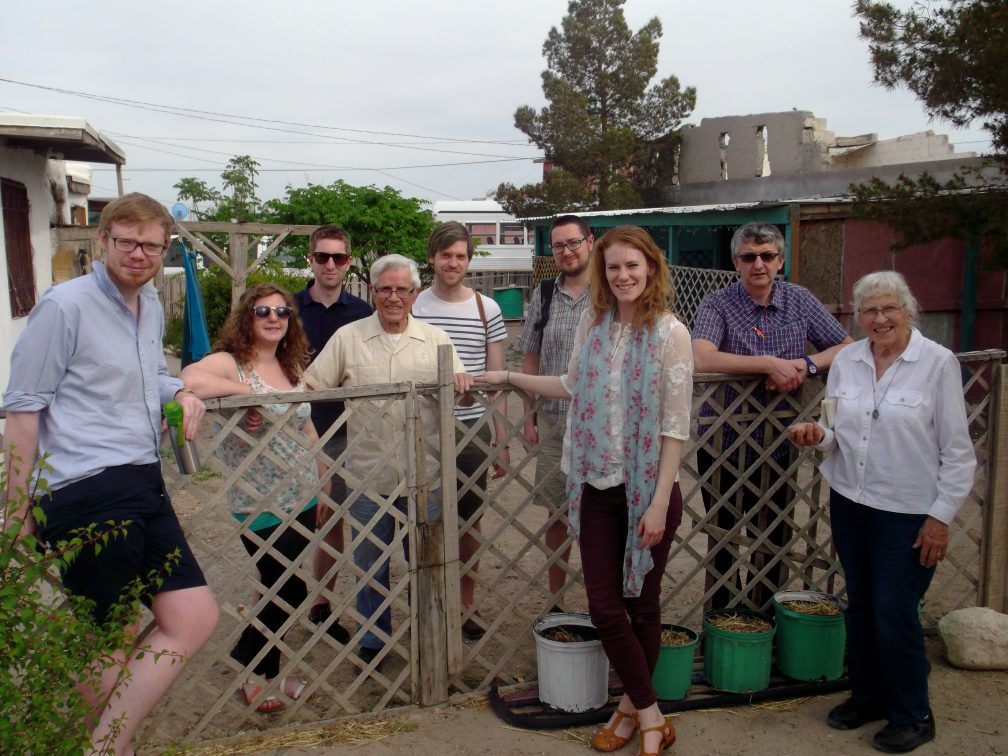This morning we had an early start, so that we could rush off to the Immigration Court to be present at some hearings. We had no idea how many we would sit through nor what to expect really. Once we got there and Fr. Bob Mosher, Columban priest and our host, had explained a few of the technical terms and told us to stand when we addressed the judge, it all began. We stood to greet the judge, the attorney took his place and invited the first respondent to sit.
That’s when I began to feel uncomfortable. The judge, the Government’s representative and the attorney conducted an entire conversation about the respondent and her case, all in English, all before going ‘on the record’. I found myself getting more and more annoyed on behalf of the respondent. She couldn’t understand them, but looked worried at the fact that they were discussing her. This continued with every case. Most were rescheduled due to a lack of paperwork. One case, however, was ‘closed’. Although as this simply means the man won’t be deported (unless he breaks the law) without moving him forward in terms of residency, I felt it kind of left him in limbo. He still has no real rights within the US, it’s just that they won’t continue to investigate him… it all felt a little bizarre to me.

After that we went to Annunciation House and the Nazareth Hall, two shelters that care for undocumented migrants in different ways. Annunciation House is a place for people to go if they have no where else, no family or friends to travel on to, where as Nazareth Hall was more of a transient community, with people only staying a few days. Both were hard in different ways. While we were cleaning rooms at the Nazareth Hall two families arrived, sent by the border patrol.
Again, it was difficult to be present at what felt like a very personal moment. I chose to do something practical and continue to clean the rooms they would be staying in. My heart went out to a teenage boy, who most have been around 14 years old. He looked so lost and dejected, like he just needed someone to tell him what was actually going on. I never got the opportunity to speak with him, even just to say ‘Hola’, but I was moved by the emotion evident in his face. I wanted to reach out to him as I would any boy in England.
In the evening we went on a march in remembrance of Cesar Chavez, a man who did great work in gaining rights for migrant farm workers. It was amazing to be a part of something full of such celebration, where people were proud to be associated with this man and wanted others to learn more about him too. I have no idea what tomorrow holds, but the learning we’ve done so far has lead me to a deeper understanding of the emotions involved on both sides of the migrant issue. Ultimately today has made me value the dignity of every person and the importance of having a voice!


